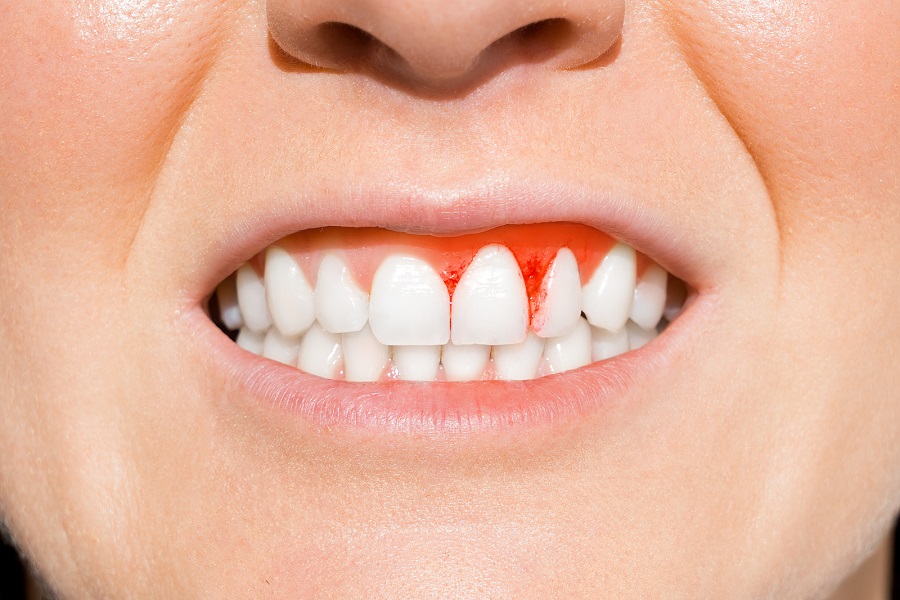Healthy Oral Care Practices To Maintain Good Oral Health
Posted by Ed Bishay on Jul 21 2022, 09:57 PM
Good oral hygiene is critical to maintaining healthy teeth and gums. The effects of poor oral hygiene are seen on the entire smile, from tooth discoloration to bad breath. However, basic oral hygiene practices like brushing and flossing can help patients avoid the effects of poor oral hygiene.
Healthy Oral Hygiene Practices To Maintain Good Oral Health
- Brush your teeth at least twice a day
Brushing and flossing are essential for a healthy mouth. Brushing should be done at least twice a day as it helps remove plaque and bacteria. Plaque is a sticky film of food debris and bacteria that sticks to teeth. If plaque is not removed, it can lead to tooth decay and gum disease. Brushing your teeth helps to remove plaque. Flossing is also important because it removes plaque between teeth.
- Floss between teeth daily
Flossing is an essential component of maintaining good oral hygiene. Plaque, a film of bacteria that is constantly forming on the teeth, can harden into tartar if not removed. Once tartar has formed, the only way to remove it is by a professional cleaning.
The bacteria that is found in plaque and tartar can cause gum disease, which can result in inflammation, gum recession, and even tooth loss. The best way to remove plaque is by flossing between teeth daily.
- Avoid tobacco products
Tobacco products are not only dangerous to your health in general, but they can also affect your teeth and gums. Tobacco products, such as cigarettes and chewing tobacco, can cause your gum tissue to become inflamed and recede. This increases the risk of tooth loss and gum disease.
- Rinse with an antiseptic mouthwash
It’s important to rinse with an antiseptic mouthwash after brushing and flossing because it gives your teeth another rinse, helping to remove food particles or bacteria from your teeth.
- See your dentist every six months for a checkup and professional cleaning
During a professional cleaning, your dentist or hygienist will first do a visual exam of your mouth, teeth, and gums to identify dental problems in their initial stages. They will then clean your teeth using specialized tools. This can help remove plaque, tartar, and bacteria buildup, which can contribute to gum disease.
- Eat a healthy diet
A healthy diet should include a variety of foods from the five major food groups:
- Fruits and vegetables
- Grains
- Lean protein
- Dairy
- Oils
This variety helps your body and mouth get the nutrients it needs to stay healthy.
- Limit your alcohol intake
Drinking too much alcohol can have a negative impact on your oral health. It causes dry mouth, which can increase your risk of tooth decay and cavities. It can also stain your teeth and increase your risk of gum disease. Limiting your alcohol intake can help lower your risk of oral health issues.
- Visit your dentist immediately if you experience a dental issue
While tooth decay and cavities don’t go away on their own, there are some signs a patient should be aware of. Some of the most common are:
- Bleeding gums
- Difficulty chewing
- Sensitivity to hot or cold food
- Pain when chewing
- Persistent bad breath
- Unexplained tooth pain
- Tooth discoloration
If you experience any of these symptoms, contact our office immediately to schedule an appointment.
To learn more about healthy oral care practices, contact Grace Dental by calling (281) 340-1333 or visit our office located at 5022 US-90 ALT suite c, Sugar Land, TX 77498 to schedule an appointment.



